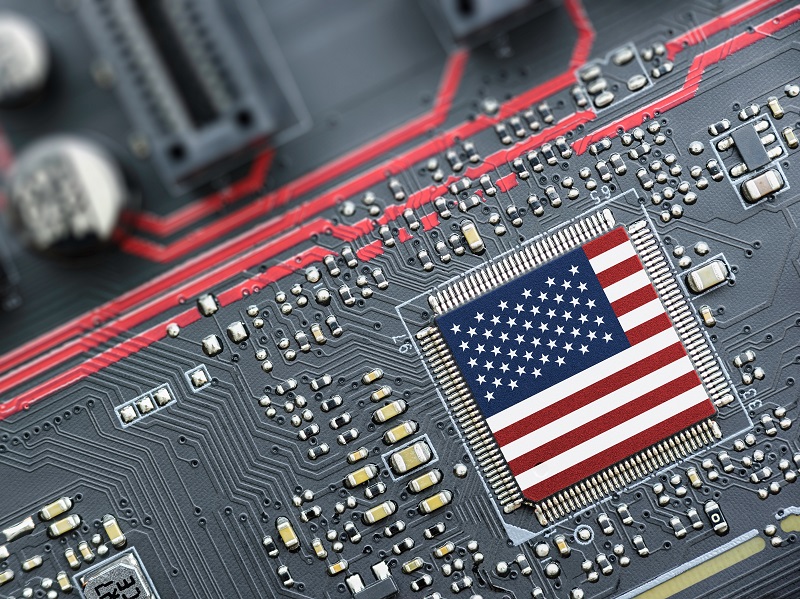China wants the United States to ease export controls on chips critical for artificial intelligence as part of a trade deal before a possible summit between Presidents Donald Trump and Xi Jinping, the Financial Times reported on Sunday.
Chinese officials have told experts in Washington that Beijing wants the Trump administration to relax export restrictions on high-bandwidth memory chips, the newspaper reported, citing unnamed people familiar with the matter.
The White House, State department and China’s foreign ministry did not immediately respond to requests for comment on the report.
HBM chips, which help perform data-intensive AI tasks quickly, are closely watched by investors due to their use alongside AI graphic processors, particularly Nvidia’s.

The FT said China is concerned because the US HBM controls hamper the ability of Chinese companies such as Huawei to develop their own AI chips.
Successive US administrations have curbed exports of advanced chips to China, looking to stymie Beijing’s AI and defence development.
While this has impacted US firms’ ability to fully address booming demand from China, one of the world’s largest semiconductor markets, it still remains an important revenue driver for American chipmakers.
Meanwhile, on Sunday a social media account affiliated with China’s state media said Nvidia’s H20 chips pose security concerns for China, after Beijing raised concerns over backdoor access in those chips
The H20 chips are also not technologically advanced or environmentally friendly, the account called Yuyuan Tantian – which is affiliated with state broadcaster CCTV – said in an article published on WeChat.
“When a type of chip is neither environmentally friendly, nor advanced, nor safe, as consumers, we certainly have the option not to buy it,” the article concluded.
Nvidia did not immediately respond to a request for comment.
H20 artificial intelligence chips were developed by Nvidia for the Chinese market after the US imposed export restrictions on advanced AI chips in late 2023.
China’s cyberspace watchdog said on July 31 that it had summoned Nvidia to a meeting, asking the U.S. chipmaker to explain whether its H20 chips had any backdoor security risks – a hidden method of bypassing normal authentication or security controls.
Nvidia later said its products had no “backdoors” that would allow remote access or control.
In its article, Yuyuan Tantian said Nvidia chips could achieve functions including “remote shutdown” through a hardware “backdoor.”
– Reuters
Do you know more? Contact James Riley via Email.
